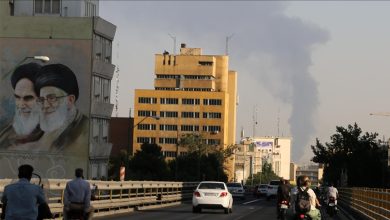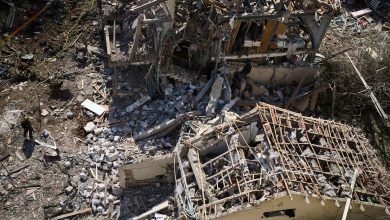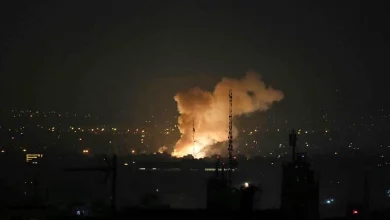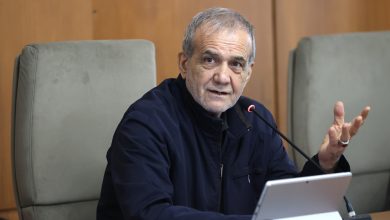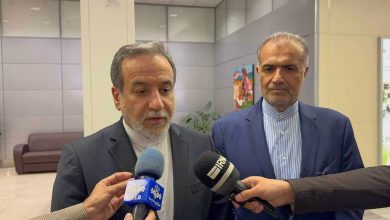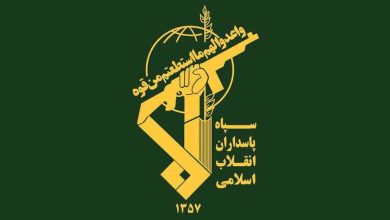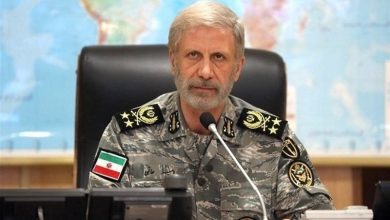Iran: Next round of talks with US to be held in Muscat
Iran has announced that the upcoming round of indirect negotiations with the United States is scheduled for Sunday in Muscat, the capital city of Oman.
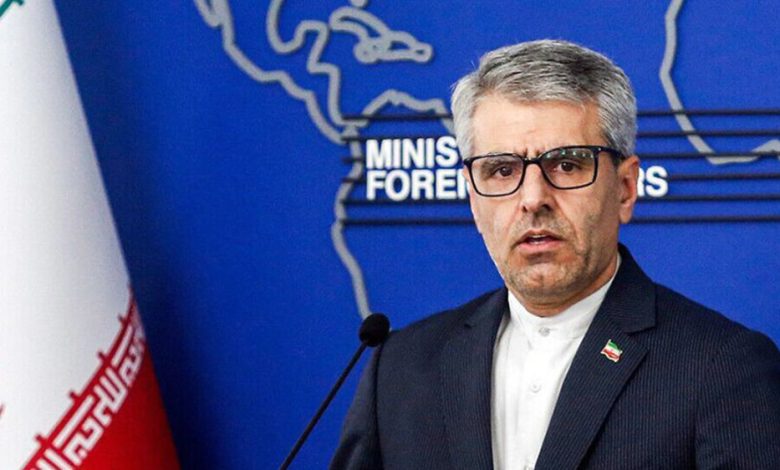
On Monday, Foreign Ministry spokesman Esmaeil Baghaei announced that, following consultations, preparations are being made for the upcoming round of indirect discussions scheduled for Sunday.
Since April, Tehran and Washington have engaged in five rounds of indirect talks concerning Iran’s nuclear program.
Three negotiation sessions between the two countries took place in Muscat, with the final two rounds occurring in Rome, Italy.
Negotiations were characterized by frequent changes in the United States’ positions, leading Iranian representatives to denounce what they described as “contradictory” statements from the American side.
Since April, Iran and the United States have engaged in five rounds of indirect negotiations, facilitated by Oman, to explore alternatives to the 2015 nuclear agreement, which was disrupted following the U.S. withdrawal in 2018.
Negotiations have encountered a hurdle due to the United States’ insistence that Iran halt uranium enrichment in any prospective agreement.
Iran has announced its commitment to maintaining its right to uranium enrichment, a provision protected under the terms of the Non-Proliferation Treaty (NPT).
In a recent report, the International Atomic Energy Agency (IAEA) has asserted that Iran has significantly expanded its reserves of uranium enriched to approximately 60 percent, which is nearing the 90 percent threshold required for nuclear weapons development.
In its latest quarterly report, the agency revealed that, as of May 17, Iran holds approximately 408.6 kilograms of uranium enriched up to 60 percent, reflecting a rise of 133.8 kilograms since the last report in February.
Iran’s Foreign Ministry, in conjunction with the Atomic Energy Organization of Iran (AEOI), released a statement last week condemning a report by the United Nations nuclear watchdog as “political” and biased. The statement claims the report was influenced by pressure from European nations.

